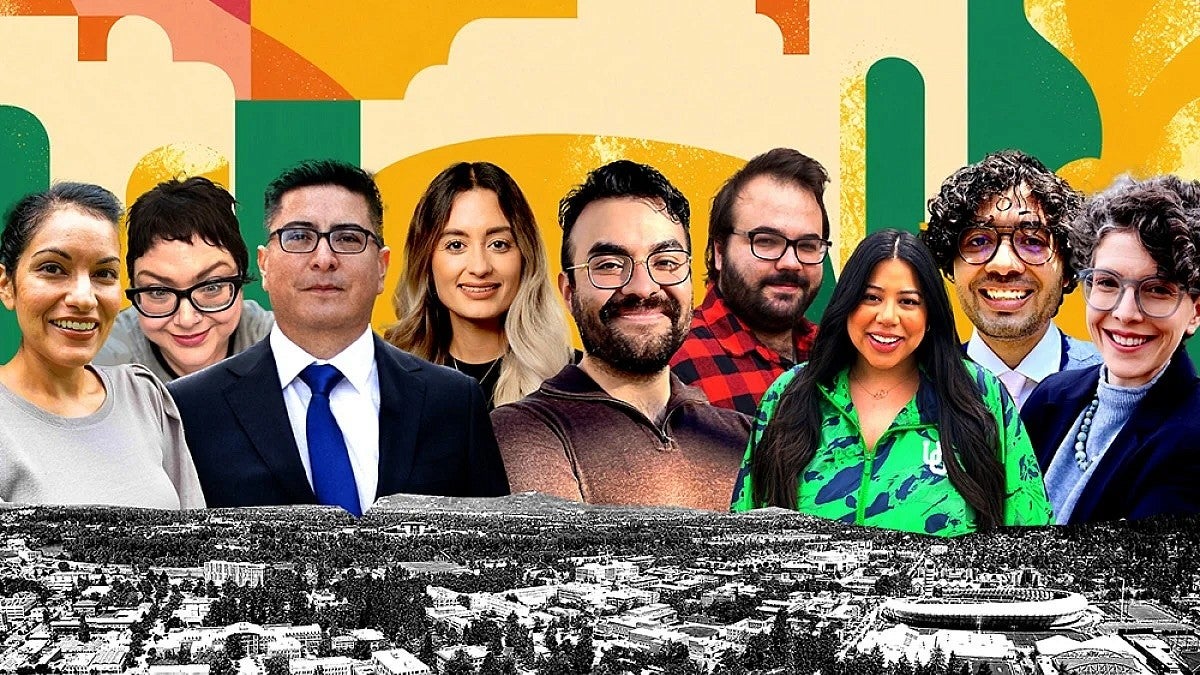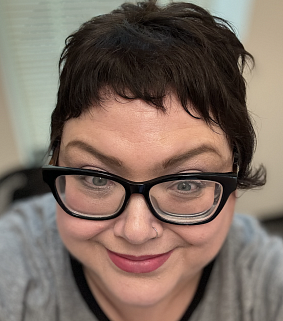
The College of Arts and Sciences is investing in its Latinx studies courses by hiring nine new tenure-track faculty members. The new hires will offer courses to meet the demands of a growing Latinx Studies Minor Program, mentor undergraduate and graduate students, provide fresh perspectives in their disciplines—and more.
When teaching about Latinx studies, Bernadette Calafell, who is coming from Gonzaga University in Washington, looks to popular culture and mass media. But that doesn’t mean her classes are just going to be movie marathons.
“You’re going to get some kind of critical intercultural skills to think about how to take what you're learning not only to be concise, critical consumers of culture, and pop culture,” Calafell says. “But how you apply that in your everyday interactions with people.” How does Latinx studies contribute to a liberal arts education? I teach a lot of classes that deal with pop culture. I teach race and pop culture. I teach hip hop, feminism, and monsters in pop culture. What I’m trying to teach students is how to be critical consumers of media.

What was your academic career like?
I started out at community college and then went on to get my PhD. I was scared to leave home because no one in my family had ever moved out of state. I went to Arizona State—which was in my home state and in my home city—for my BA and MA. Then I finally decided to go to North Carolina, Chapel Hill, to get my PhD. I went there because it was the farthest away and the best department. Because I had written my master's thesis on Ricky Martin before he came out the closet, and he made me feel very free. So I was like, OK it’s all telling me to go to Chapel Hill.
My first job out of grad school was at Syracuse, where I was there for three years, and then I was there at the University of Denver for 13 years. And Gonzaga, about five years.
I did not always know I wanted to be a professor, but I always knew that I liked school, so I never wanted to leave school. That's what motivated me to continue on. And then when I went to school, and I met one of my mentors, it was the first time that I had seen people or read work that reflected my own experience. And I was like, I have to keep going.
How do Latinx studies courses enrich the student experience?
For students who are Latino, Latina, and Latiné students, it gives them a sense of who they are. I didn't have those kinds of courses that much when I was an undergrad or have mentors who were like me. And so, I think it enriches their experience, both in terms of learning about themselves, as well as finding people who are invested in their success. I'm teaching a course next year on Chicana feminism. It’s a course I wish I would have had as an undergraduate. The class is going to take kind of a historical perspective on Chicana feminism and look at some of the basic historical writings, like speeches, and newsletter writings written by Chicanas during the 1960s and 70s. We’ll take a look at some of the big themes that emerge, such as machismo and marianismo [traditional female gender norms] as well as queerness. Then we’re going to look at contemporary iterations of how that history has affected Chicana feminist political and feminist thought.
What is your favorite food?
I am Mexican, so I love all Mexican food even though I don’t live in the Southwest anymore. But I’m like a Teenage Mutant Ninja Turtle: I love pizza, especially barbecue chicken pizza.
